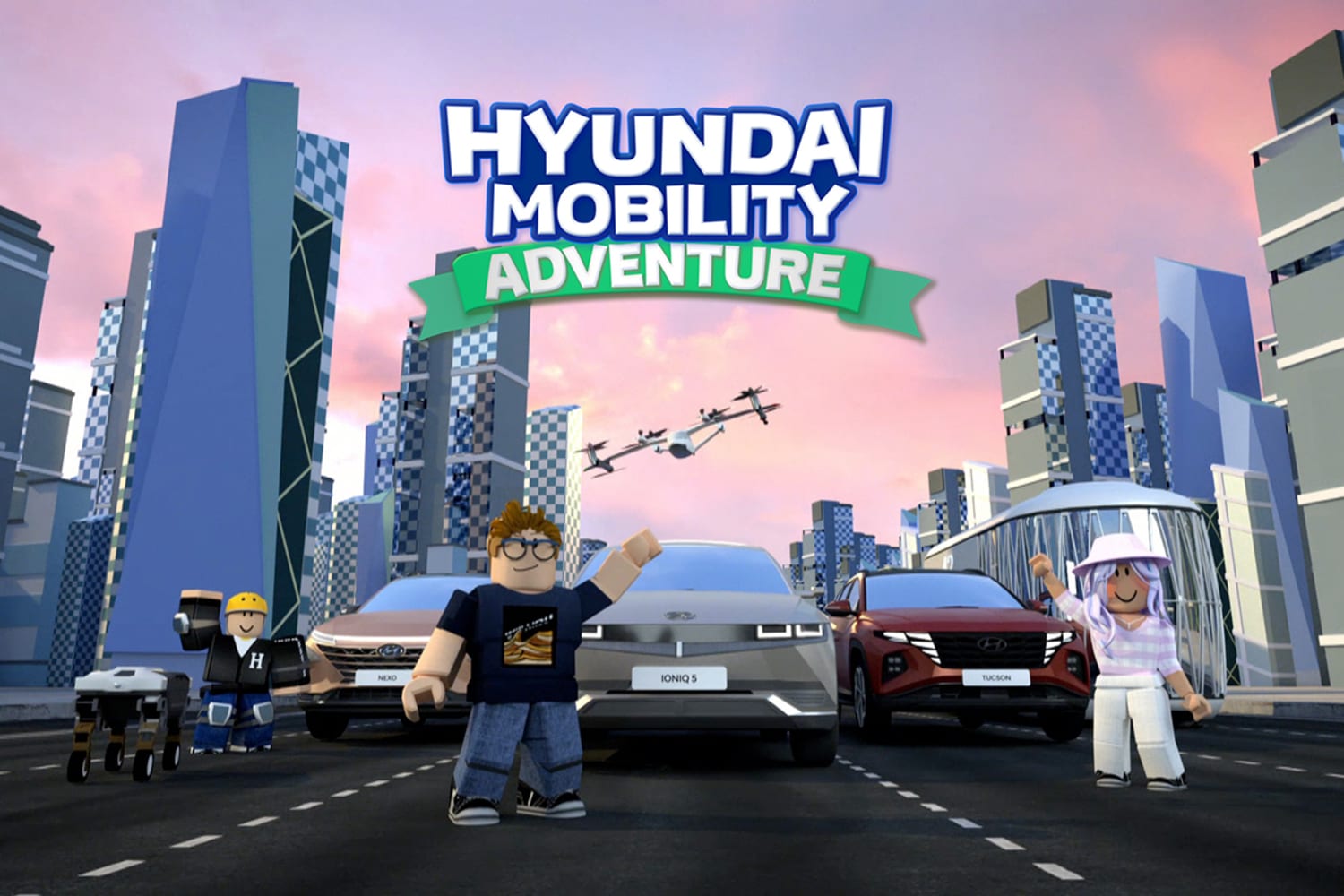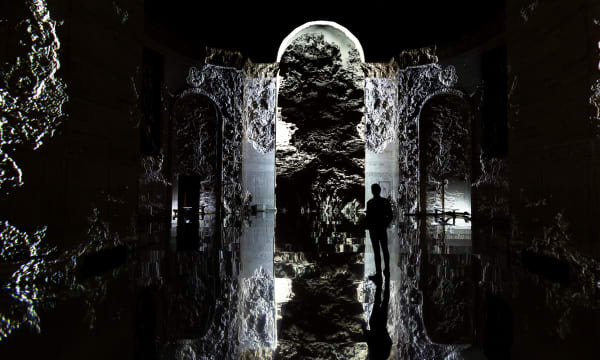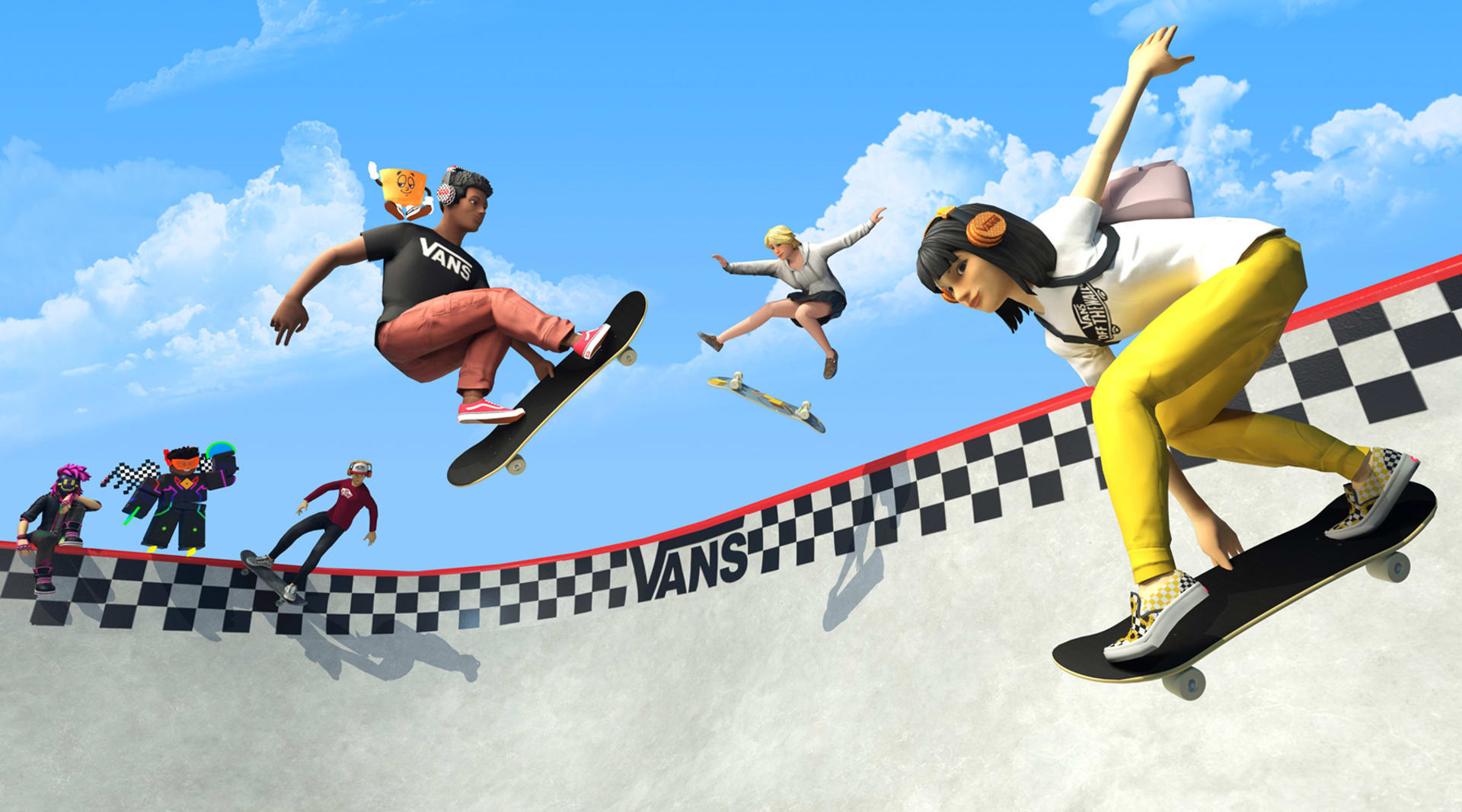When Nintendo’s Animal Crossing: New Horizons took over screens in spring 2020, companies across a variety of sectors saw it as an opportunity to create in-game branded presences, with Net-a-Porter, Netflix, Hellmann’s and Ally Financial hiring gamers to design branded islands for them. Now, brands are branching out to other gaming platforms to create immersive, bespoke virtual worlds—turning games into a playground for brands and marketers to connect with an engaged audience.
Are interactive branded virtual worlds the future of advertising and ecommerce?
Grant Paterson
Head of gaming and esports at Wunderman Thompson
Vans and Hyundai are bringing their products to Roblox with novel branded experiences, hoping to engage the game’s 46 million daily active users. Vans World, launched in September 2021, is a virtual skatepark where Roblox players can practice skateboarding tricks, design their own Vans shoes and skateboards, and try on virtual gear. Vans World is more than a virtual popup—it was created as a way for the brand “to tap into Roblox’s culture of self-expression and creativity,” and is intended to evolve with the community, Fast Company reports.
“We know with Gen Z, they do not want to be told what to wear, what to do. They really want to be part of the process and have the brand listen to their feedback. So this is a great opportunity for brands to really be engaged with that consumer and fan in a way that they can’t really do anywhere else,” Christina Wootton, vice president of brand partnerships at Roblox told Fast Company.

Hyundai is taking a similar approach with its Hyundai Mobility Adventure, launched on Roblox in September. The space contains five “parks” where Roblox users can race, play games, learn about Hyundai’s technologies and take part in festivals. “We plan to continue to use the metaverse platform for communication of Hyundai Motor’s new vehicles and future mobility solutions,” with an eye to the next generation of car buyers, said Thomas Schemera, Global CMO head of customer experience at Hyundai Motor.

BMW is another automaker entering the virtual realm. The German car brand launched its virtual world Joytopia in September 2021. The world, which was created as part of BMW’s participation in the 2021 International Motor Show, offered a new way for participants to engage with the brand, alongside festival-esque elements including an exclusive Coldplay concert.
Japanese beauty brand SK-II launched a virtual city in May 2021. Visitors can navigate a virtual rendering of a city center, shop and learn about products, and even catch a movie in the SK-II cinema. It was created to offer “new ways to connect with a new generation of consumers who are yearning for more meaningful experiences with the brands they know and trust,” the brand says.
Keith Stuart
Games editor at the Guardian
Gaming is not simply another media. Engaging with gaming “is different from passive consumption of media,” Alexander Fernandez, CEO and cofounder of Streamline Media Group, tells Wunderman Thompson Intelligence. “It takes you to another world, brings a sense of wonder and requires a suspension of disbelief. It’s psychologically more engaging.” By tapping into gaming, brands can unlock limitless creativity and an opportunity to connect more authentically with their consumers. With the in-game advertising market size expected to grow by $10.97 billion between 2020 and 2024, according to a 2021 report by research company Technavio, signs are pointing to gaming as the future for advertising.
Main image of Vans World in Roblox
Please provide your contact information to continue.
Related Content


